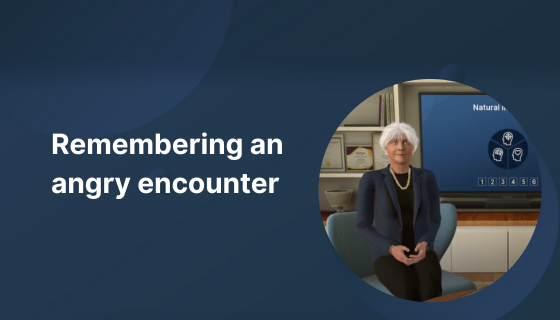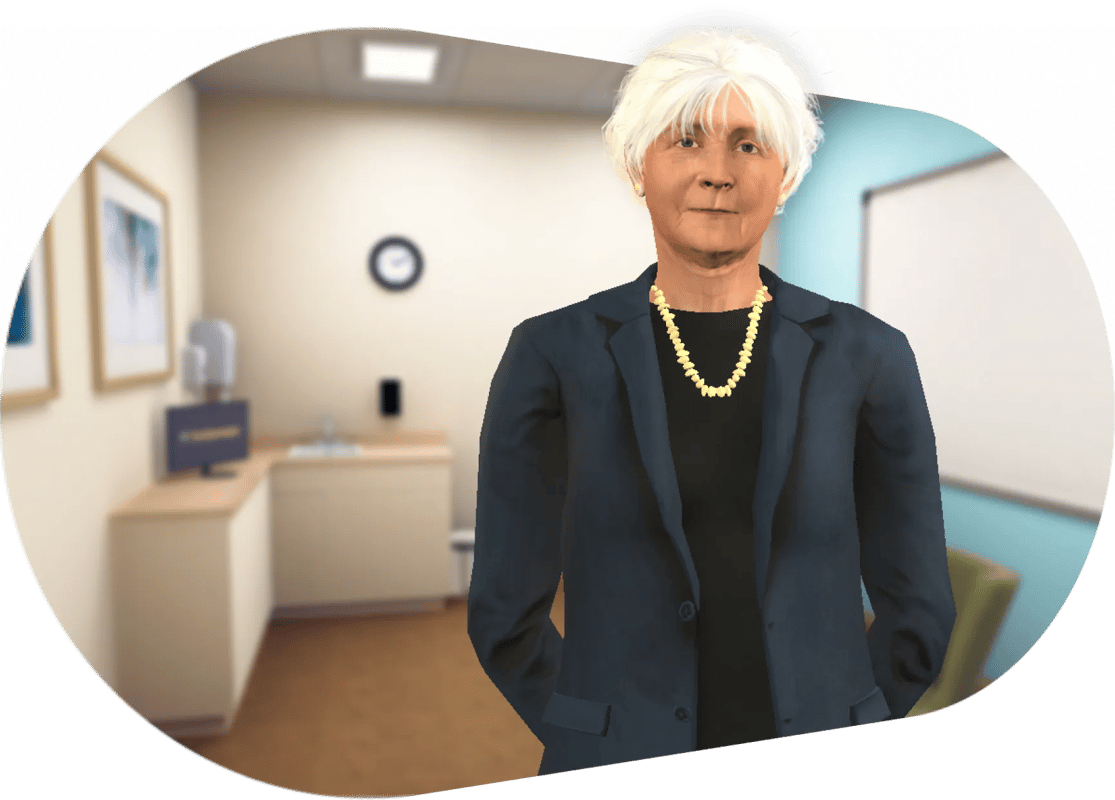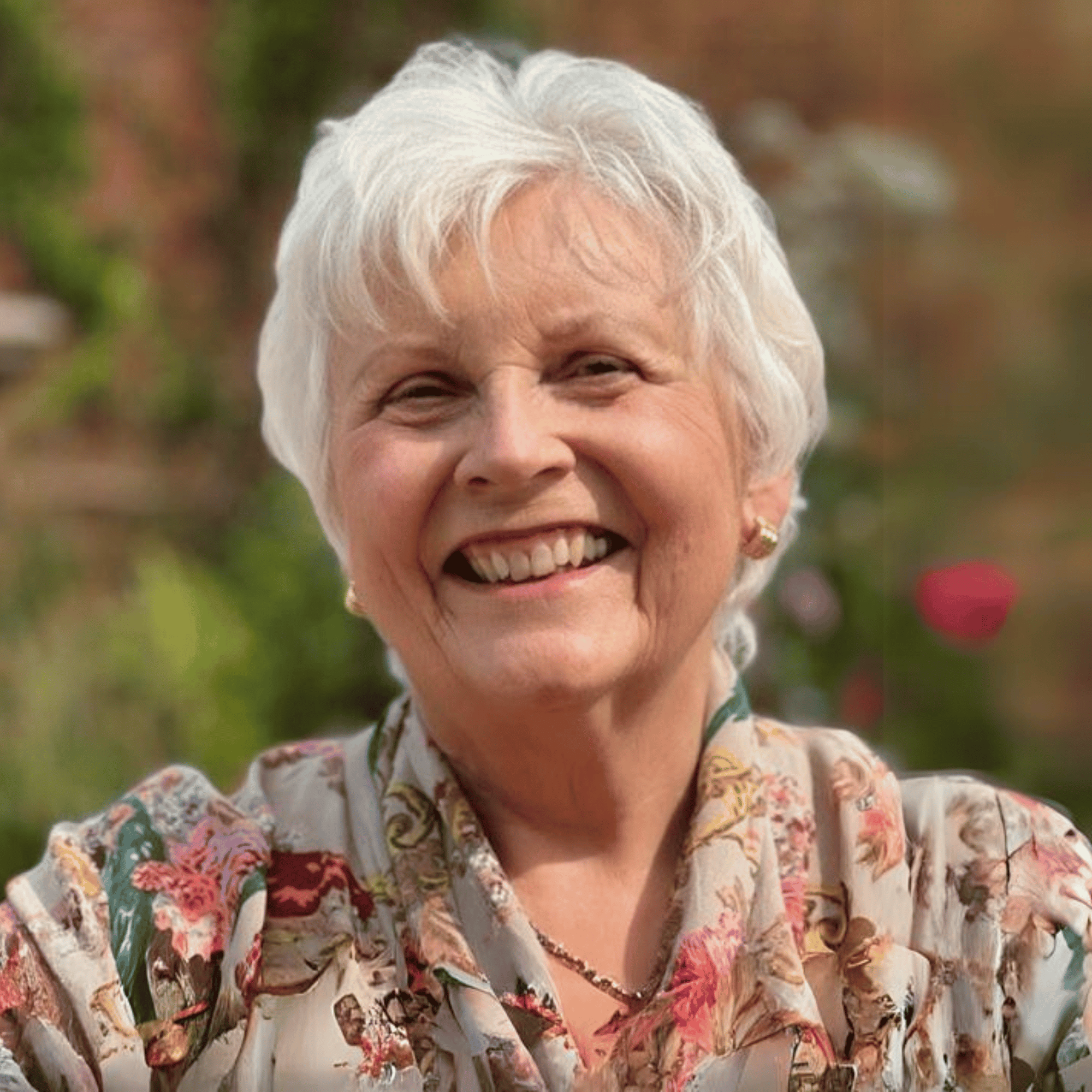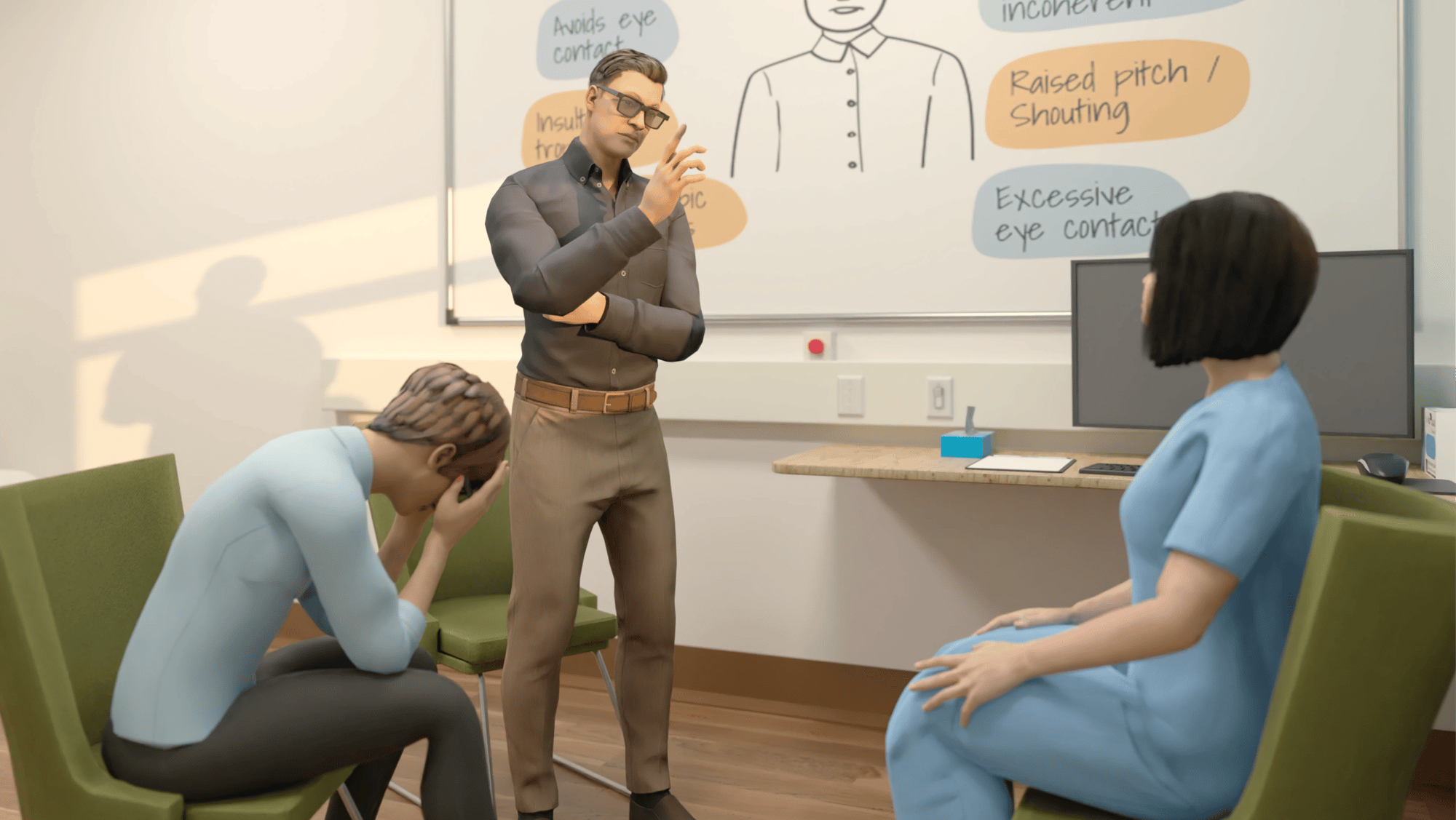Navigating Angry Conversations With Patients.

The Royal Society of Medicine


About the module
45 minutes
English
VR, PC, mobile and web
LLM & scripted roleplays
AI-powered personalised feedback
Completion certificate
Lesson planning resources
25+ Module library
Who is it for?
This comprehensive module is designed for a diverse range of learners and a broad range of competency levels. It’s particularly beneficial for:
- Medical Schools and Health & Social Care programmes: Supports the development of foundational interpersonal and communication skills. This module was built with subject matter expertise from the Royal Society of Medicine.
- Medical Schools and Health & Social Care programmes: Supports the development of key staff-patient communication skills in a variety of situations.
- Healthcare institutions: Equips practitioners and students with vital interpersonal communication skills to enhance staff-patient interactions.
- Nursing Programmes: This module's learning objectives are aligned with The Essentials: Core Competencies for Professional Nursing Education (“The Essentials”) a publication owned by the American Association of Colleges of Nursing, which may be accessed here.
The Scenario
Handling angry patients and relatives is one of healthcare practitioners' greatest challenges. As pressures on the NHS grow, staff are experiencing increasing levels of verbal abuse from the frustrated public. The emotional and physical cost of such encounters is high - not only for the doctor involved but also for other patients, colleagues and family.
This immersive training is designed to build effective communication skills that will help with emotionally charged patient interactions and personal relationships. Created in collaboration with The Royal Society of Medicine (RSM).

Learning objectives.
By the end of this series, healthcare professionals will gain the following learning objectives:
- Understanding how different responses can defuse or exacerbate anger
- Identifying anger signals
- Remaining calm in hostile situations
- Responding with empathy to move the situation forward
- Applying these techniques to different situations
Learning these techniques in 'the heat of the moment' can be difficult - and potentially dangerous. Our simulations provide a safe space in which to put the theory into practice and become more comfortable with the methods before using them in real-life interactions with real people.
This module was created with the following Subject Matter Expert:

Lesley Fallowfield
Professor Dame Lesley Fallowfield is Director of Sussex Health Outcomes Research & Education in Cancer (SHORE-C) psycho-oncology group at the University of Sussex. Her research interests are wide and include the measurement of quality-of-life in clinical trials of cancer therapy and development of evidence-based communication programmes for healthcare professionals. She is a Fellow of the UK Academy of Medical Sciences and was made a Dame Commander of the Order of the British Empire in 2016.
The Full Course







